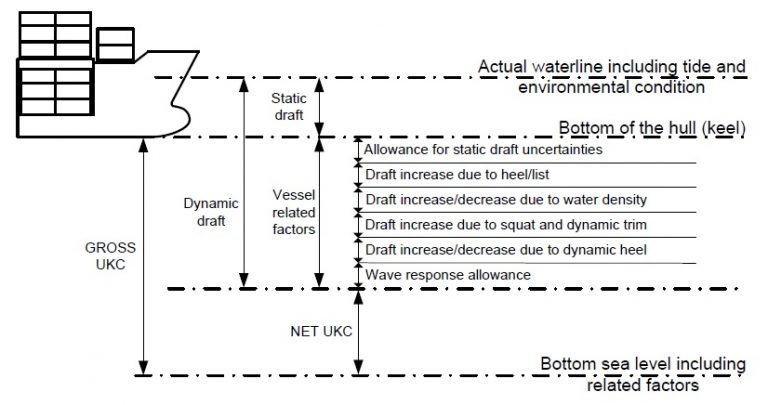
As primary navigational mean, Electronic Chart Display and Information System became an inevitable tool and decision-making assistance. ECDIS implementation entails several issues, ranging from proper understanding, education, training, handling and acceptance of this, still relatively new, technology. The navigational tool has changed, however traditional navigational skills remain, or at least, they should sustain. ECDIS EHO is an education-based research project with comprehensive and multidisciplinary ECDIS analyses at different levels, focusing on proper education and training, knowledge required for safe navigation conducting, and all other maritime segments which have found their place in the ECDIS system. Among other objectives, the tendency is to create solid interaction with ECDIS end-users, i.e. officers of the navigational watch. One of the research activities is an international survey questionnaire placed among seafarers forming the part of the navigational watch, ranging from deck cadets to pilots. The survey is focused on OOWs on ECDIS and paperless vessels, containing questions regarding experience, system handling and operation, knowledge, as well as mariners’ opinion. It refers specially to mandatory carriage requirements and possible decommissioning of traditional paper charts which, in fact, represent traditional navigation as such. The proposed paper elaborates question concerning one of the main safety parameters in the ECDIS system: the safety contour. Ways of settings the parameter are discussed, given that no clear regulations exist. The importance of this interactive parameter is underlined, because it represents safety of navigation in whole when sailing onboard paperless vessels in depth- restricted water areas. Answers were analysed and discussed, together with interviews with navigational officers, providing direct end- user feedback on the elaborated. Despite dedicating maritime education and training ashore, inadequate use of ECDIS contour had caused few significant accidents which are described and elaborated in this paper by using several marine accident investigation data bases. The summary of findings is pointed out in the concluding chapter, together with planned activities for the further research.